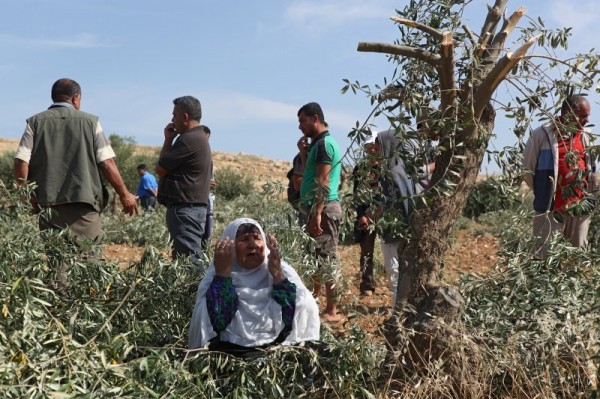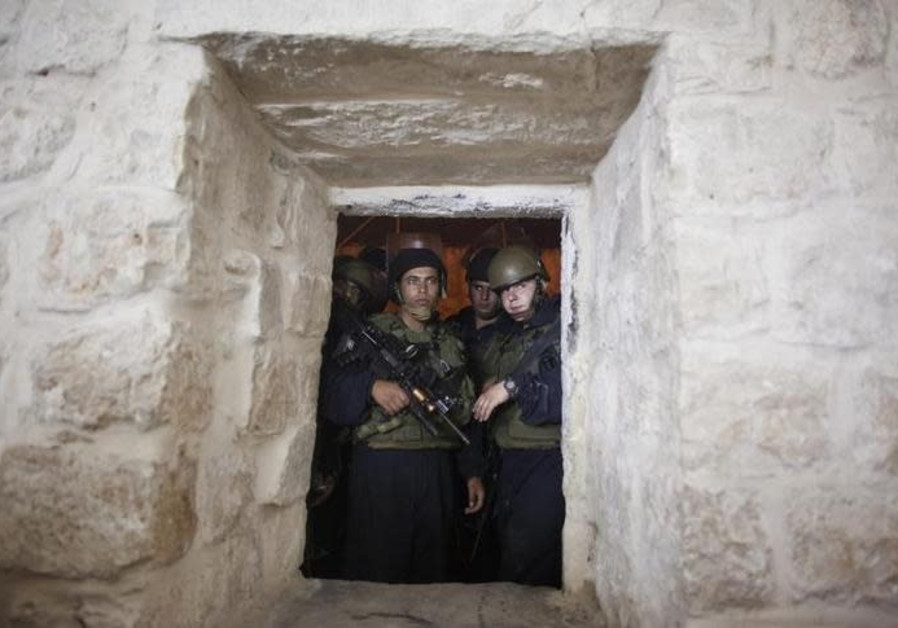Tag: settler
-
Call for volunteers: Olive Harvest 2019
August 25 | International Solidarity Movement | Occupied Palestine At a time of regular settler and IOF violence in the West Bank, the International Solidarity Movement (ISM) is issuing an urgent call for volunteers to join us for the 2019 Olive Harvest Campaign at the invitation of Palestinian communities. The olive tree is a national…
-
Upcoming Settler Tour in Nablus Set to Spark Tensions
Shavei Shomron, an illegal Israeli settlement located to the west of Nablus in the West Bank has advertised a tour of Nablus old city, Tel Balata and Joseph’s Well on the coming Tuesday evening – the 30th of January. According to the advert, the event will start with a meeting in the illegal settlement, before…


